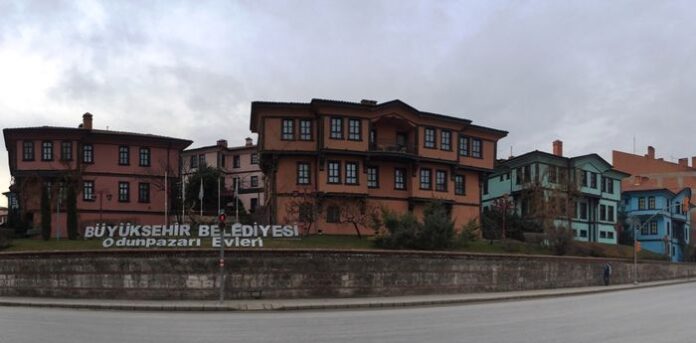The Role of the Red Army
After the coup of September 9, 1944, the Bulgarian Communists, supported by the presence of the Soviet Red Army, began consolidating power. One of their first actions was the mass execution of political opponents, who were labeled as “Fascists.” This label was often applied broadly to anyone opposing Communist influence, even if they had simply followed government orders during the war.
The Soviet military authorities, working hand in hand with their Bulgarian allies, also moved to control the Bulgarian Army. Officers who were suspected of being “Fascist” or unreliable were purged from the army. This process allowed the Communists and the Soviets to eliminate opposition within the military, which was one of the strongest institutions in Bulgaria at the time Customized Istanbul Tours.
Purging the Bulgarian Army
The Bulgarian Minister of Defense tried to defend the majority of the army officers, explaining that only a small number had been active Fascists, while most were simply carrying out their duties. But the Soviet commander rejected this reasoning. He accused the minister of “protecting Fascist officers” and even threatened to bring in Soviet troops to enforce purges more directly.
This constant pressure weakened Bulgaria’s independence and ensured that the Red Army, not Bulgarian leaders, had the final say over the country’s armed forces.
Soviet Interference in Politics
General Biryuzov’s Influence
One of the most visible figures in this process was General Sergey Biryuzov, the Soviet commander in Bulgaria. He frequently interfered in Bulgarian domestic politics. For example, he demanded the removal of Dr. G. M. Dimitrov, the Secretary General of the Bulgarian Peasant Party, who was one of the main leaders of democratic opposition. When Bulgarian officials refused, General Biryuzov ordered Dimitrov’s arrest.
Years later, in 1959, Biryuzov openly admitted his role in the Soviet subjugation of Bulgaria. Writing in Rabotnichesko Delo, the official newspaper of the Bulgarian Communist Party, he even boasted about the measures he had taken against Dimitrov and the late Nikola Petkov, another leading figure of the Peasant Party.
Silencing the Opposition
These arrests and threats created an atmosphere of fear. The Bulgarian Peasant Party, once the strongest political force in the country, was gradually silenced. Its leaders were either imprisoned, forced into exile, or executed. The elimination of independent political voices opened the way for the Communist Party to dominate Bulgaria’s political life.
Establishment of Communist Rule
From Coalition to One-Party State
When the Red Army first entered Bulgaria, a coalition government was formed in September 1944. This cabinet included Communists as well as members of other parties. But under heavy Soviet pressure, the balance shifted quickly. By July 1945, the coalition had been transformed into a fully Communist administration.
The Bulgarian Communist Party openly admitted in later years that its power depended entirely on the presence of the Soviet Red Army. Without Soviet military backing, Communism could not have been established in Bulgaria at that time.
Loss of Independence
Although Bulgaria was formally an independent country, in practice it became subservient to the Soviet Union. Its government did not represent the free will of the Bulgarian people but rather the decisions of Moscow. This marked the beginning of more than four decades of Communist rule, during which Bulgaria remained one of the Soviet Union’s most loyal satellite states The Fall of Moravievs Government.
The coup of September 9, 1944, did not simply change Bulgaria’s government; it fundamentally altered the nation’s future. Through purges, arrests, and the suppression of political opponents, the Red Army and the Bulgarian Communists dismantled democratic institutions. By mid-1945, Bulgaria was firmly under Soviet control, and its path toward a Communist dictatorship was sealed.








